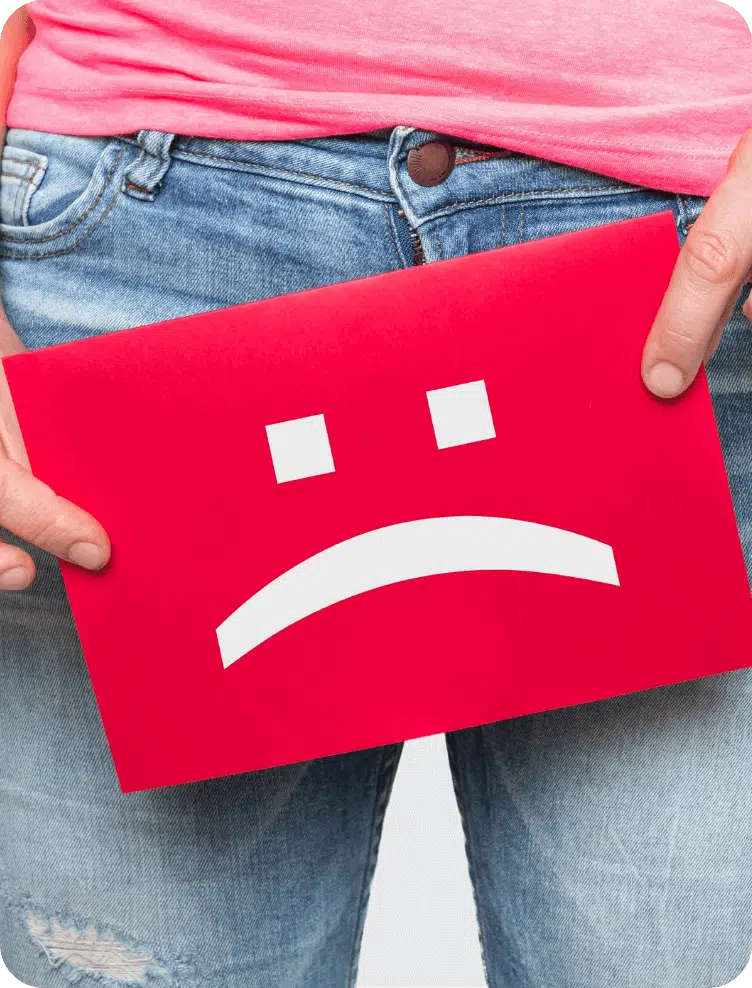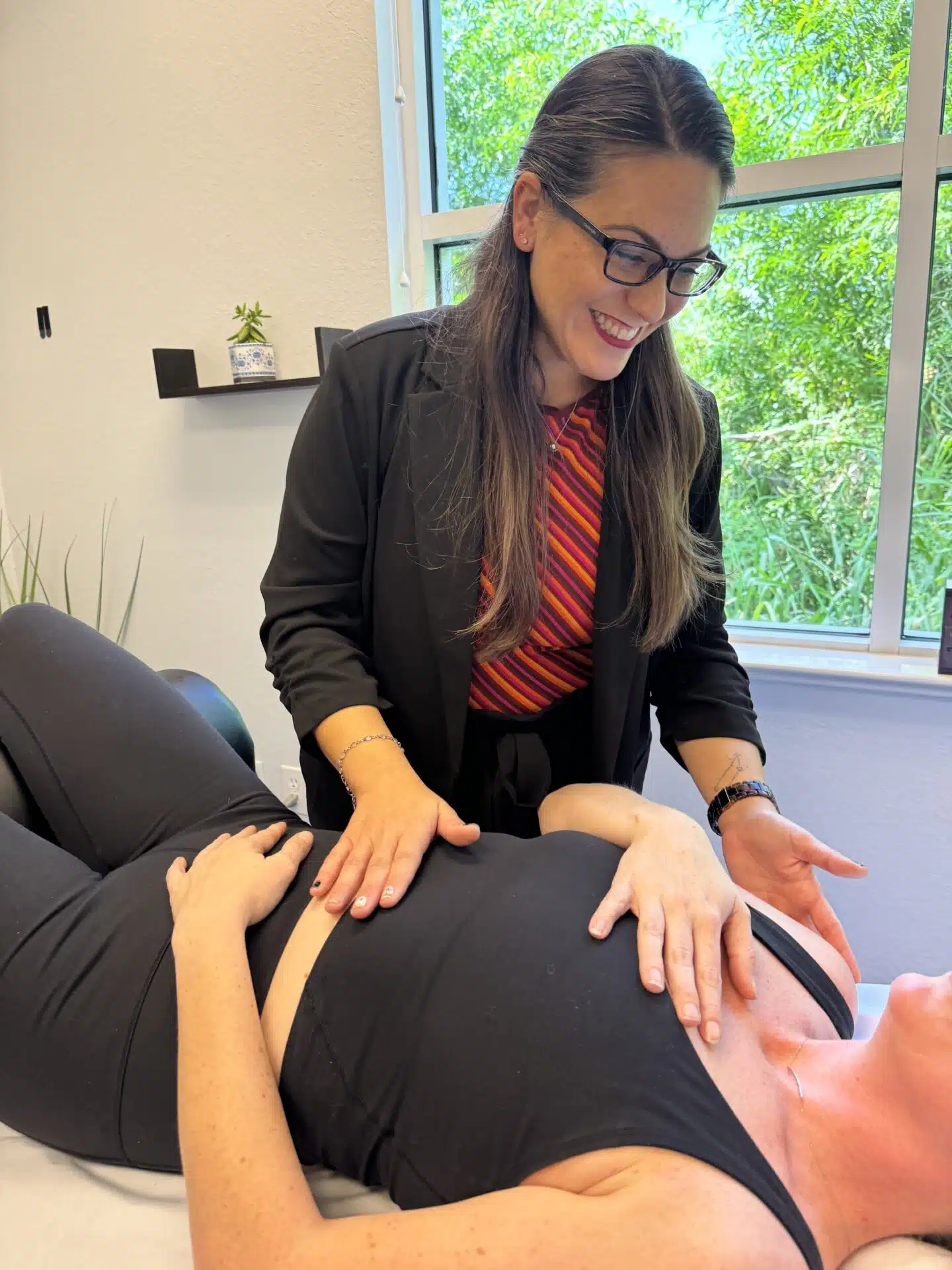Are You Struggling With Persistent Urinary Incontinence That Affects Your Daily Life and Well-being?

Are you struggling with urinary incontinence that affects your daily life and confidence? Whether it’s stress incontinence, urge incontinence, or a combination of both, this condition can be frustrating and challenging to manage. At Back in Motion Physical Therapy & Performance, we specialize in treating urinary incontinence through personalized and effective physical therapy.
Here are some of the common issues our patients face:

Our Pelvic Health Treatment Success Stories
Our 3-Step Approach to Addressing Urinary Incontinence
Don’t Live Another Day With Urinary Incontinence. Take the Next Step Today & Discover How We May Be Able to Help You.

Overcome Urinary Incontinence and Regain Control
Are you struggling with urinary incontinence that disrupts your daily life and confidence? Finding it difficult to manage leaks and urgency? It’s time to find relief and restore your control.
Why Choose Our Urinary Incontinence Treatment Programs?
Take the first step towards a life of confidence and control. Contact us at Back in Motion Physical Therapy & Performance to inquire about cost and appointment availability.





